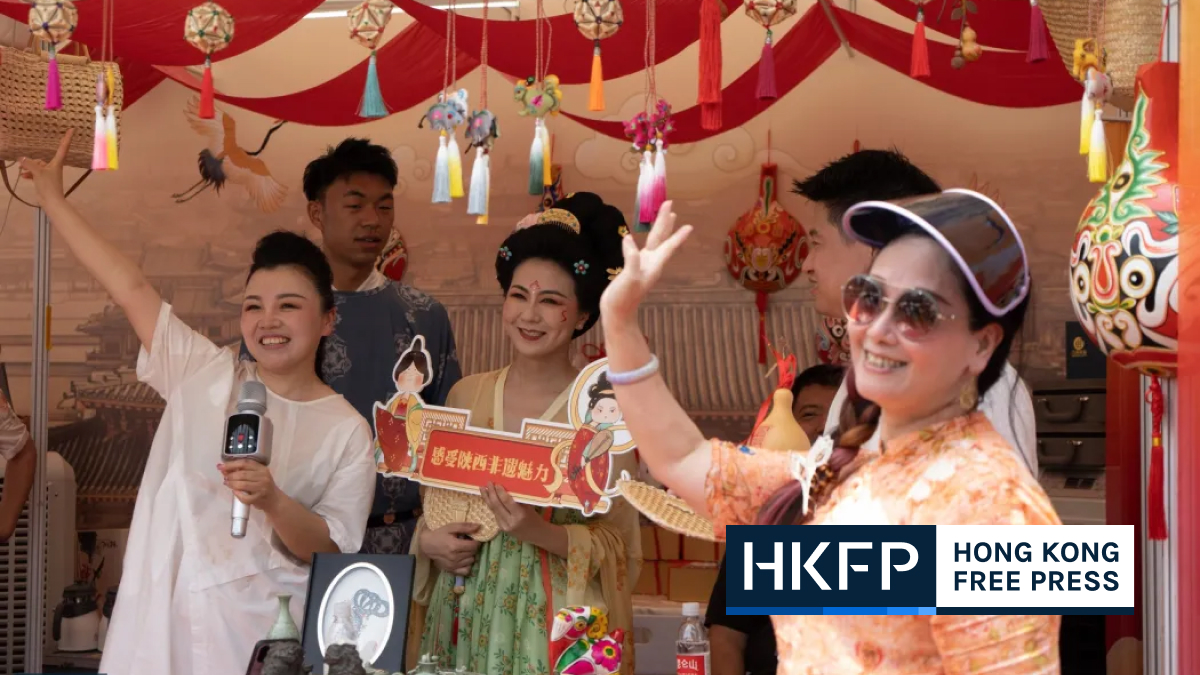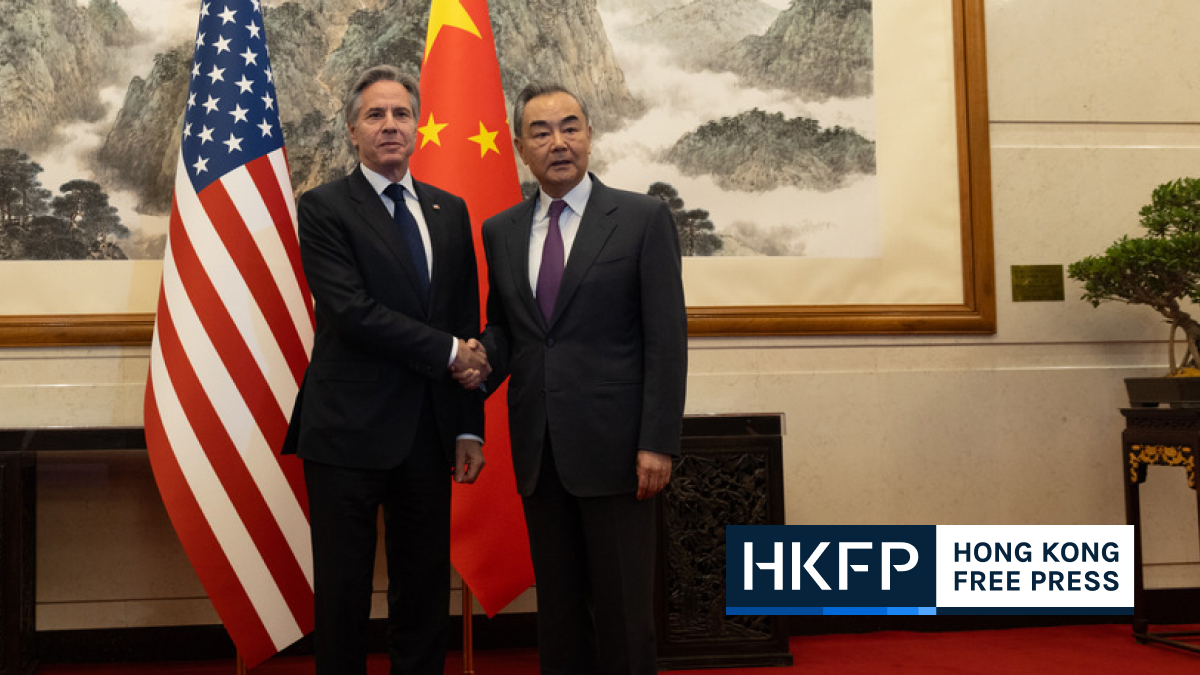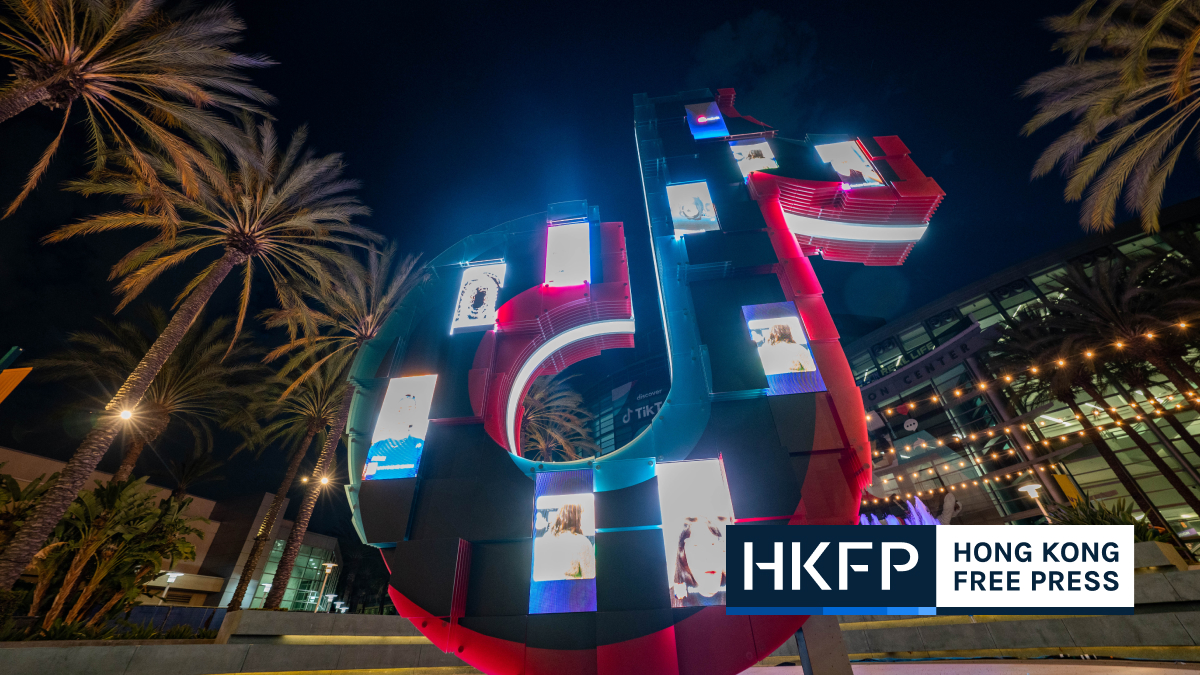Hong Kong will balance the protection of national security with upholding human rights when legislating the city’s own security law, the justice chief has said.
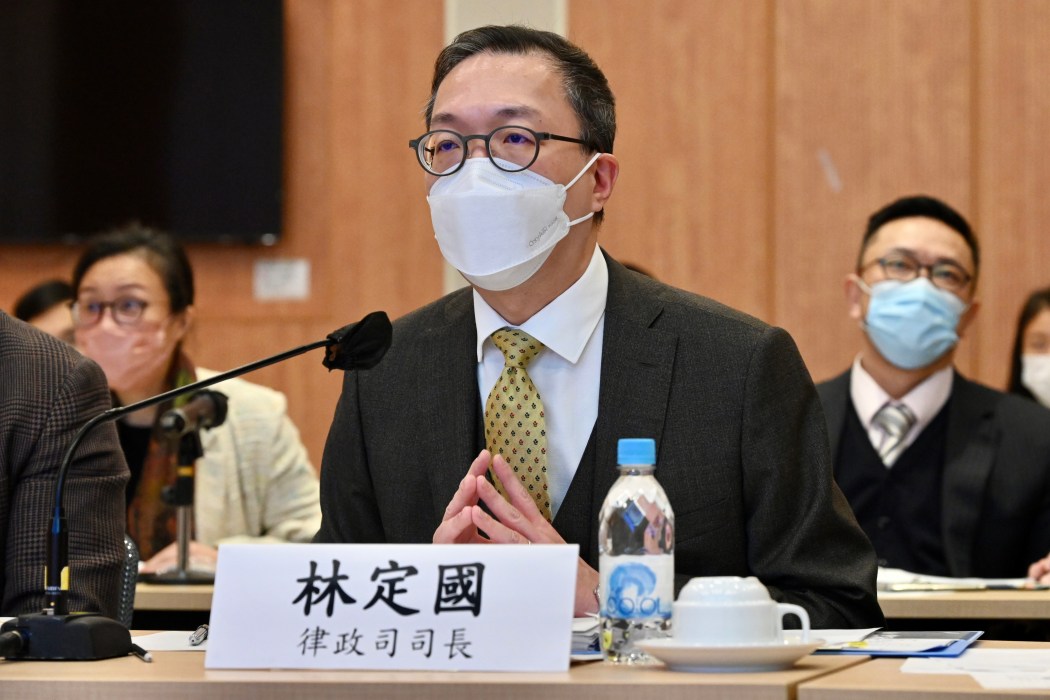
Speaking on an RTHK programme on Sunday, Secretary for Justice Paul Lam said: “People who are anxious [about it]… what are they afraid of? What did they hear that made them scared?” Lam said.
Article 23 of the city’s mini-constitution the Basic Law stipulates that Hong Kong shall enact its own laws to prohibit seven types of offenses: treason, secession, sedition, subversion against the central government, theft of state secrets, foreign bodies’ conducting political activities in the city, and local bodies establishing ties with foreign bodies.
Such laws would be separate from Beijing’s national security law, which was passed in June 2020 and criminalises secession, subversion, foreign collusion and terrorism.
Its legislation failed in 2003 following mass protests. The government has always had enough votes to pass the law, but it has never been raised since the 2003 debacle. Pro-democracy advocates fear it could have a negative effect on civil liberties.
Lam said the central government had “handed a responsibility” to the Hong Kong government to legislate its own security laws, and that he “did not see any problems.”
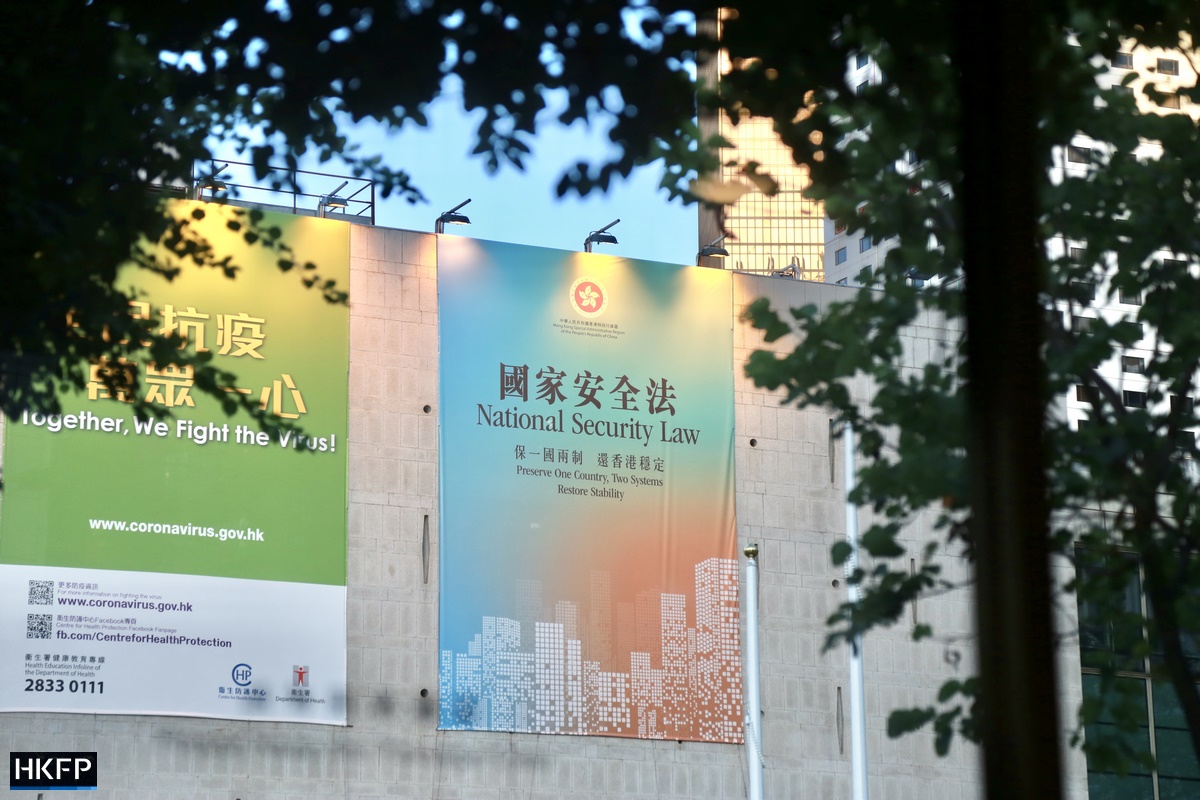
“I always think that we have to face [our] fears,” Lam said. “People are most afraid of that which they don’t know. Sometimes they’re imaginary fears, sometimes they really have reason to be scared… don’t let negative emotions override rational analysis.”
The government has said that the city needs its own security law to “plug loopholes” in Beijing’s legislation. Chief Executive John Lee said Article 23 would be legislated this year or next “at the latest.” Public consultation was supposed to have begun last year, authorities said, but it was delayed due to Covid-19.
Beijing’s national security law was inserted directly into Hong Kong legislation – bypassing the local legislature – following a year of pro-democracy protests and unrest. Offenders face up to life imprisonment. As of May 12, 29 people have been convicted or are awaiting sentencing under the law since its enactment, according to figures from the Security Bureau.
Critics say the national security law has been used to stifle opposition voices and shut down civil society groups. The government maintains that it has restored stability and peace to the city.
Support HKFP | Policies & Ethics | Error/typo? | Contact Us | Newsletter | Transparency & Annual Report | Apps
Help safeguard press freedom & keep HKFP free for all readers by supporting our team

LATEST FROM HKFP
HKFP has an impartial stance, transparent funding, and balanced coverage guided by an Ethics Code and Corrections Policy.
Support press freedom & help us surpass 1,000 monthly Patrons: 100% independent, governed by an ethics code & not-for-profit.




